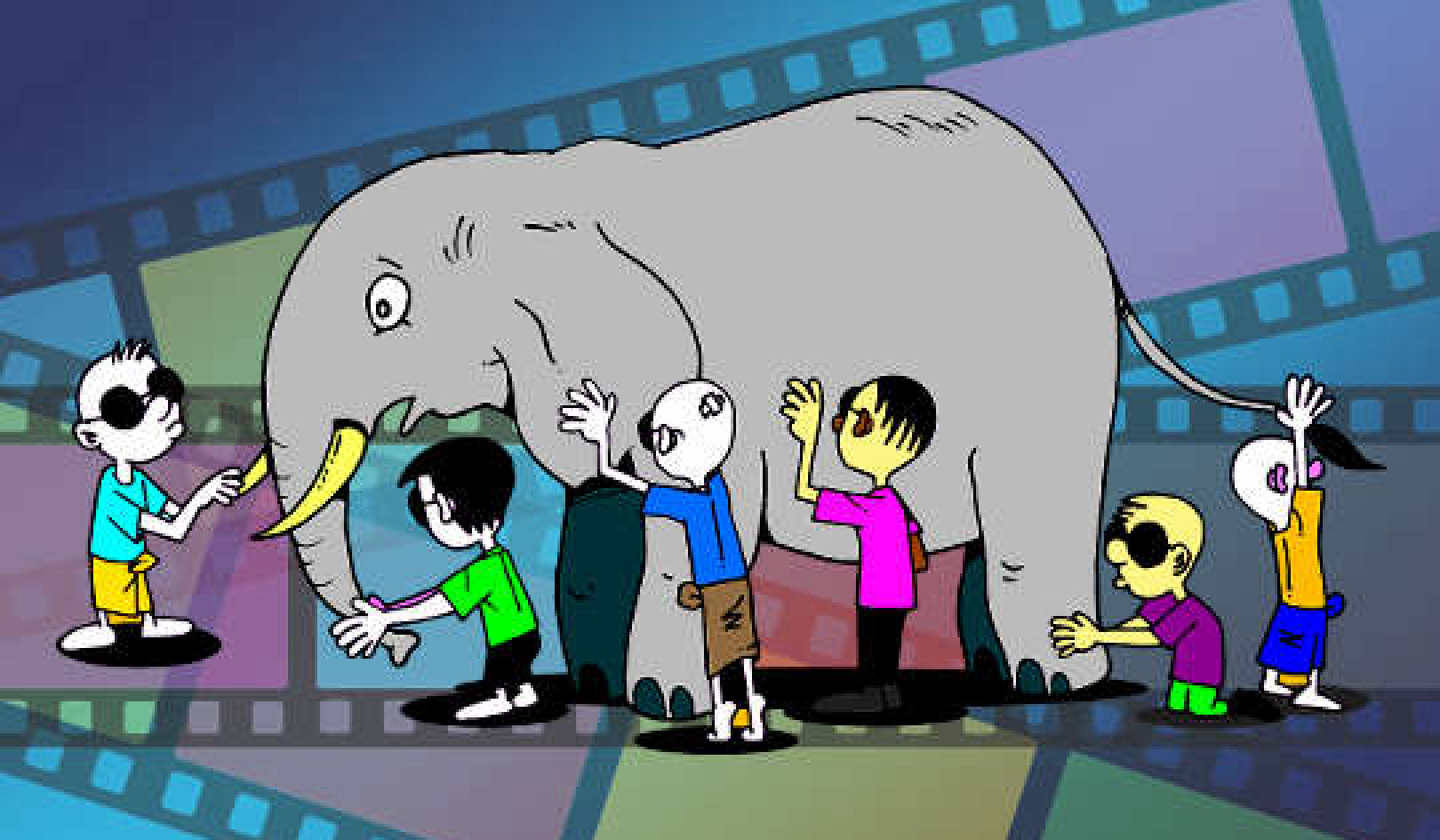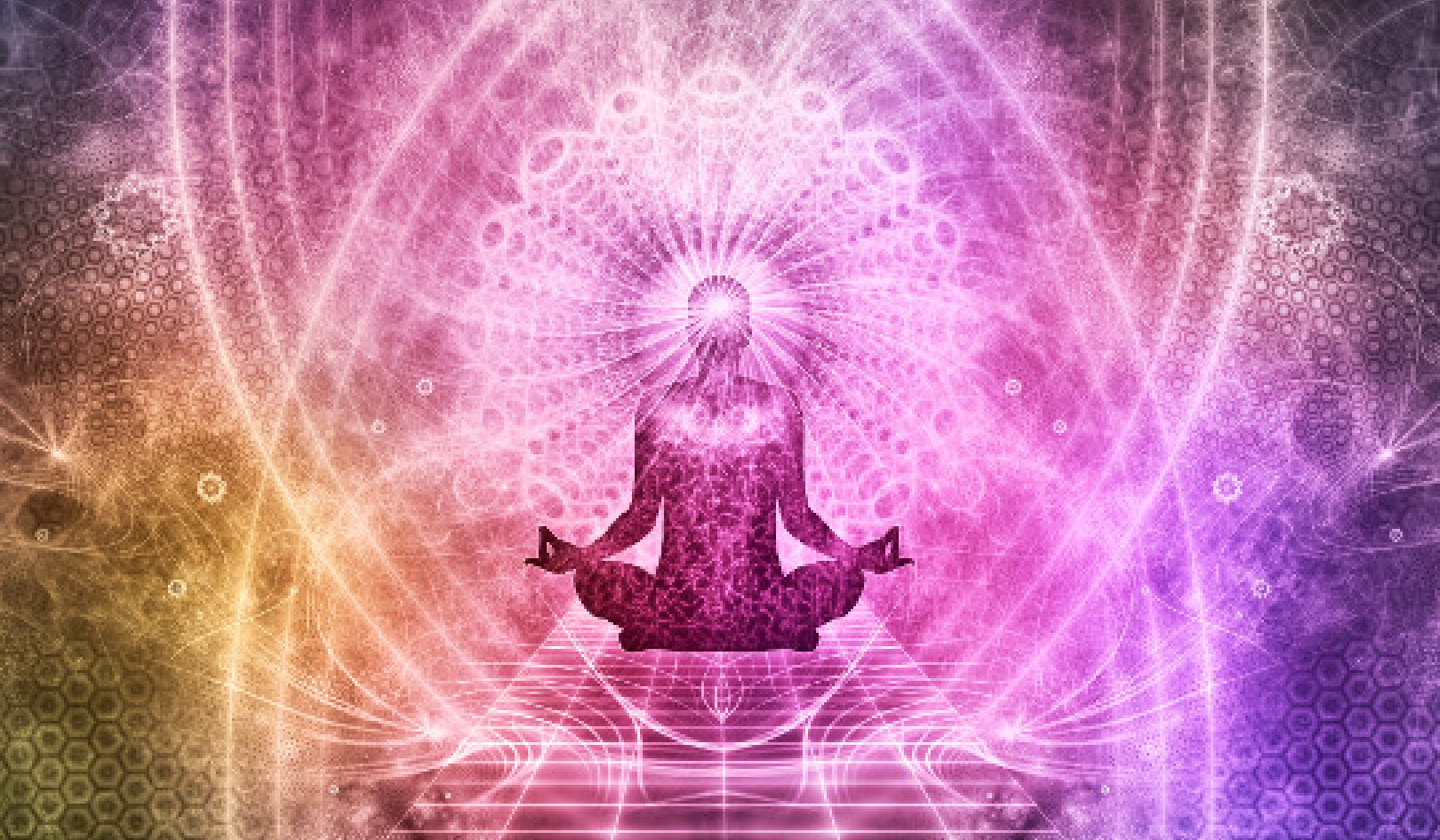
Image by Michal Jarmoluk
With the onset of the coronavirus pandemic, millions of people are experiencing emotions like fear and anxiety. But as we’ve had to give up our normal lives for the foreseeable future, many of us are also feeling a type of grief similar to mourning the death of a loved one.
The World As We’ve Known It Has Changed
The coronavirus has caused the death of a way of life we were used to. Instead of waking up each morning expecting things to be business as usual, we’re experiencing feelings of doom and gloom from knowing that life as we’ve known it has dramatically changed. The virus has hit us like a tsunami, and we’re nowhere near determining how many will succumb to it.
We have to admit to ourselves that the world as we’ve known it has changed, and it has changed so radically that it’s perfectly understandable to be feeling a deep sense of grief. But that doesn’t mean we have to stay stuck in deep sorrow for as long as this virus lasts.
The 7 Stages of Grief
Here are the seven stages of grief one may go through during the coronavirus pandemic. At this time, most find themselves stuck in the first four stages. But the goal is to try and move past them.
As we get to the last three stages, we can begin to function in a way that’s closer to how we felt before the virus ravished our lives.
1. Shock and denial
Experiencing shock over how the coronavirus spread inescapably to our own area is completely understandable. The initial state of shock can provide us emotional protection from being overwhelmed all at once, and we may find ourselves going in and out of lesser degrees of shock at different times of the day. It’s as if we’re still in disbelief that we have to live this new normal, knowing that there’s nothing normal about it.
From shock we go right into denial, and that can mean denying the reality of how serious the coronavirus pandemic really is, and pretending that life isn’t dramatically changed. The problem with denial is that, by resisting the need to acknowledge the seriousness of the situation and not complying with the guidelines and health orders, we’re putting ourselves and others in danger.
2. Pain and guilt
As the shock over the ravaging virus wears off, another array of emotions sets in. We experience pain from witnessing the suffering of those with the virus on the news, in our communities -- or in our own homes. Pain can also be accompanied by feelings of guilt because someone near you contracted the virus and you didn’t, or the realization that thousands of people have caught it, and somehow you miraculously have not. The greatest guilt can come from one’s child becoming stricken with the virus. Any parent would prefer it were them rather than their own child.
3. Anger and bargaining
As pain and guilt give way to anger, we might find ourselves lashing out and laying unwarranted blame for allowing the pandemic to happen. We believe that it came from China, so it’s easy to feel anger towards China right now. But it’s important to keep in mind that many Chinese have suffered greatly and thousands of lives have currently been lost in their country. We must be mindful to not hold any undeserved judgment, blame or vengence towards them.
Although you might feel a great deal of anger right now for the disruption to your lives and the enormous toll the virus is taking, it’s important to try to control the anger as any heated words or physical actions, especially toward loved ones who have absolutely nothing to do with this happening, will only add to the suffering.
From anger we often go into bargaining, which can come from a place of feeling that if we negotiate, or make some type of plea like, “I promise I will be a better person”, then God or some other deity will hear our outcry and miraculously make the pandemic go away. While prayer can be powerful, bargaining is a fruitless undertaking.
4. Depression and loneliness
Many of us are feeling extremely depressed about the state of things. But, it’s important is to be aware of the fact involving how pervasive the pandemic has become so we don’t allow it to put us into a downward spiral. We need to nip what could become a serious depression in the bud by reaching out (virtually) to friends, family, or professionals, and telling them how we feel so they can help us to process it. This is definitely a time to ask for help. Look for therapy apps available on phones, which don’t require going to someone’s office.
We might also feel lonely. Again, it’s very important that we reach out to others if we’re feeling depressed or lonely. We really are all in this together, and everyone in their own way is struggling with the crisis. As a result, we’re more sensitive to what others are feeling.
5. The upward turn
This is an important stage to reach, and can happen once we begin to adjust to this crisis. What that means is that we have experienced the first four stages of grief, and are now ready to move beyond it with less resistance.
This also means that we begin normalizing the new normal, but on our own terms. By doing this, we might notice that we’ve become less anxious. And, if we’ve felt some depression, we can begin to see it lift. We find that we’re able to regulate our emotions much better.
6. Reconstruction and working through
As we become more functional and able to regulate our emotions, our minds can begin to work more clearly. We start to feel more productive in ways we haven’t felt since before the coronavirus appeared in our lives. And, we’re not thinking about the pandemic as much. We’re aware that it is still a danger, but we’re not obsessing about it. We may have stopped binge-watching the news, and instead are just accessing it enough keep ourselves informed.
This stage allows us to feel as if we can rebuild our lives once this crisis is over. We can begin to think of ways to revamp our business, or perhaps make decisions about our life that we’ll want to implement once the coronavirus has been defeated.
Some might also find themselves tapping into their creativity. Some of the most difficult times can become the most creative. Many people have produced great work during some of the harshest of times. When Issac Newton was compelled to work from home after the bubonic plague closed Cambridge University in 1665, he used his time to develop calculus and the theory of gravity.
7. Acceptance and hope
This final stage is when we can begin to accept the reality of what we’re facing with the pandemic and deal with it calmly and rationally. This doesn’t mean we have to like what we’re accepting, but we accept “what is” -- meaning we understand that this is something we must deal with, and that there are some things we can’t control.
It’s in our acceptance that we can find hope. Acceptance isn’t an act of passivity, but an act of strength. We’ve moved through the stages of grief with courage. Our hope tells us that we’ll not be defeated by the grief that the coronavirus has caused, and that we can get past it.
©2020 by Ora Nadrich. All Rights Reserved.
Book by this Author
Live True: A Mindfulness Guide to Authenticity
by Ora Nadrich.
 Fake news and "alternative facts" permeate our modern culture, causing ever more confusion to what is real and true. Authenticity is more important than ever as a prescription for peace, happiness and fulfillment. Live True fills that prescription. Written in a down-to-earth, supportive voice, Ora's Live True offers the modern approach to Buddhist teachings of awareness and compassion; making them instantly accessible and adaptable to everyday life and everyday people. The book is expertly divided into four sections - Time, Understanding, Living, and ultimately, Realization -- to take the reader through the necessary stages of understanding how to connect to our authentic selves and experience the joy and peace - the ever-present wholeness - that comes from living Mindfully.
Fake news and "alternative facts" permeate our modern culture, causing ever more confusion to what is real and true. Authenticity is more important than ever as a prescription for peace, happiness and fulfillment. Live True fills that prescription. Written in a down-to-earth, supportive voice, Ora's Live True offers the modern approach to Buddhist teachings of awareness and compassion; making them instantly accessible and adaptable to everyday life and everyday people. The book is expertly divided into four sections - Time, Understanding, Living, and ultimately, Realization -- to take the reader through the necessary stages of understanding how to connect to our authentic selves and experience the joy and peace - the ever-present wholeness - that comes from living Mindfully.
About the Author
 Ora Nadrich is founder and president of the Institute for Transformational Thinking and author of Live True: A Mindfulness Guide to Authenticity, named as one of the 100 Best Mindfulness Books of All Time by BookAuthority. She is also the author of Says Who? How One Simple Question Can Change. A certified life coach and mindfulness teacher, she specializes in transformational thinking, self-discovery, and mentoring new coaches as they develop their careers. Contact her at theiftt.org
Ora Nadrich is founder and president of the Institute for Transformational Thinking and author of Live True: A Mindfulness Guide to Authenticity, named as one of the 100 Best Mindfulness Books of All Time by BookAuthority. She is also the author of Says Who? How One Simple Question Can Change. A certified life coach and mindfulness teacher, she specializes in transformational thinking, self-discovery, and mentoring new coaches as they develop their careers. Contact her at theiftt.org




























